Compared:
Petrol, Diesel, Electric,
or Hybrid Vehicles?
In today's rapidly evolving automotive landscape, choosing the right fuel option for your vehicle has never been more critical. The days of simply choosing between petrol and diesel are long gone, as the rise of electric and hybrid vehicles has added a new layer of complexity to this decision. From considerations about performance and efficiency to environmental impact and cost-effectiveness, each power option comes with its unique set of benefits and challenges.
In this comprehensive guide, we'll delve into the realm of vehicle power choices, comparing and contrasting the four primary options: petrol, diesel, electric, and hybrid. By the end, you'll have a clearer understanding of which power source aligns best with your needs and values.
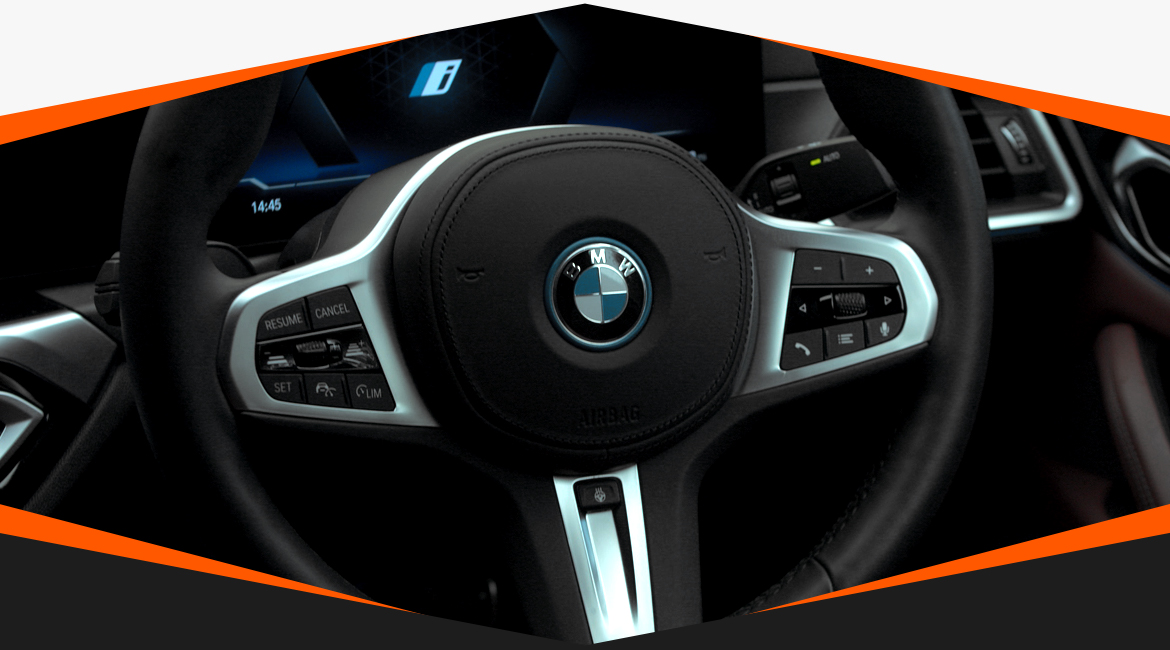
The Future of Fuel in the UK
As the automobile industry undergoes a transformative shift toward sustainability, the British audience finds itself at the crossroads of this transition. The British government's commitment to phasing out internal combustion engine vehicles by 2030 underscores the urgency of making informed power choices.
With cities such as London implementing stricter emissions regulations and encouraging electric mobility, the decision to power your car becomes more than just a matter of personal preference - it's a contribution to a cleaner and greener future. Whether you're a daily commuter, a long-distance traveller, or a fleet manager, understanding the nuances of each power option is essential for navigating the changing automotive landscape in the UK.
So, let's dive into the world of vehicle power options and uncover the advantages, considerations, and environmental impacts of petrol, diesel, electric, and hybrid vehicles.
Explore our Vehicle Leasing Options
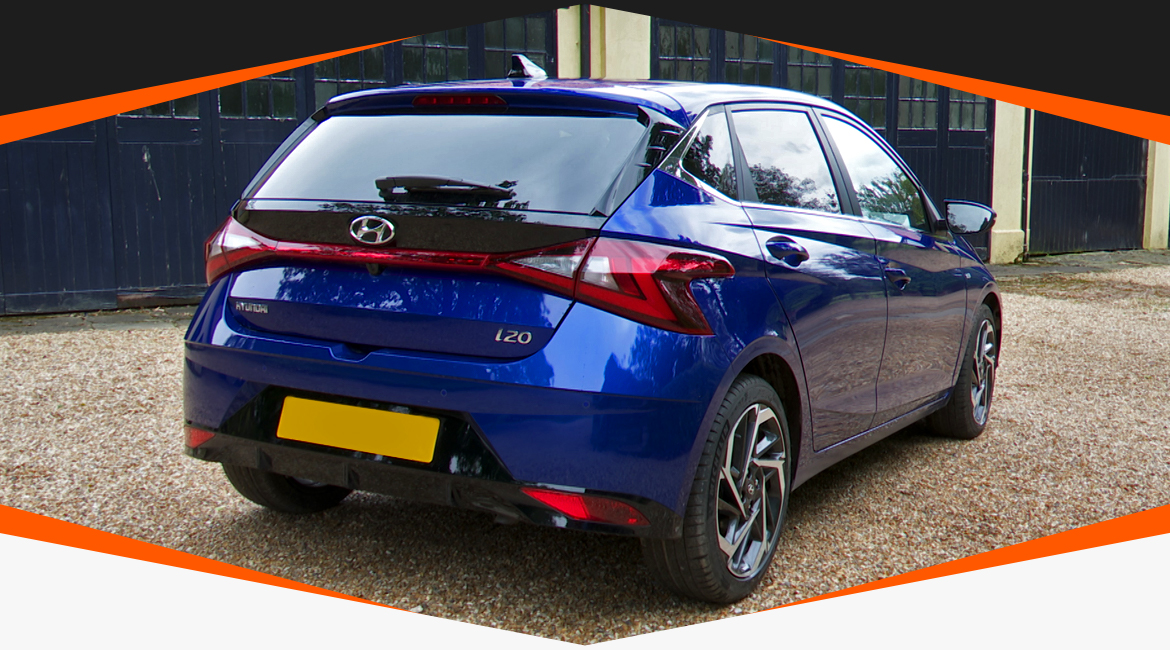
Petrol-Powered Vehicles: Pros & Cons
Petrol engines, also known as gasoline engines, operate based on the principles of internal combustion. They utilise a mixture of petrol (gasoline) and air, which is ignited by a spark from the spark plug. This controlled explosion generates power, which is then transmitted to the vehicle's wheels through the transmission system. Petrol engines are known for their relatively simple design and smooth operation.
Benefits of Petrol Engines
One of the primary advantages of petrol-powered vehicles is their widespread availability. Petrol stations are abundant, making refuelling convenient for drivers across the UK. Additionally, petrol engines are renowned for their responsive performance. They offer quick acceleration and smoother idling, making them suitable for urban driving and highway speeds alike.
Drawbacks of Petrol Engines
However, petrol engines do come with their share of drawbacks. One significant concern is fuel consumption. Petrol engines tend to be less fuel-efficient compared to diesel engines, which can result in higher fuel costs over time. Moreover, petrol engines emit higher levels of carbon dioxide (CO2) than their diesel counterparts, contributing to greenhouse gas emissions and climate change.
The Future of Petrol Engines
Hybrid vehicles have emerged as a solution to enhance the efficiency of petrol engines. By incorporating an electric motor and a battery, hybrid vehicles can switch between petrol and electric power, optimising fuel consumption. During low-speed or stationary situations, the electric motor takes over, reducing the reliance on the petrol engine and consequently lowering fuel consumption and emissions. This hybridisation approach offers a bridge toward cleaner and more fuel-efficient driving, mitigating some of the drawbacks associated with traditional petrol engines.
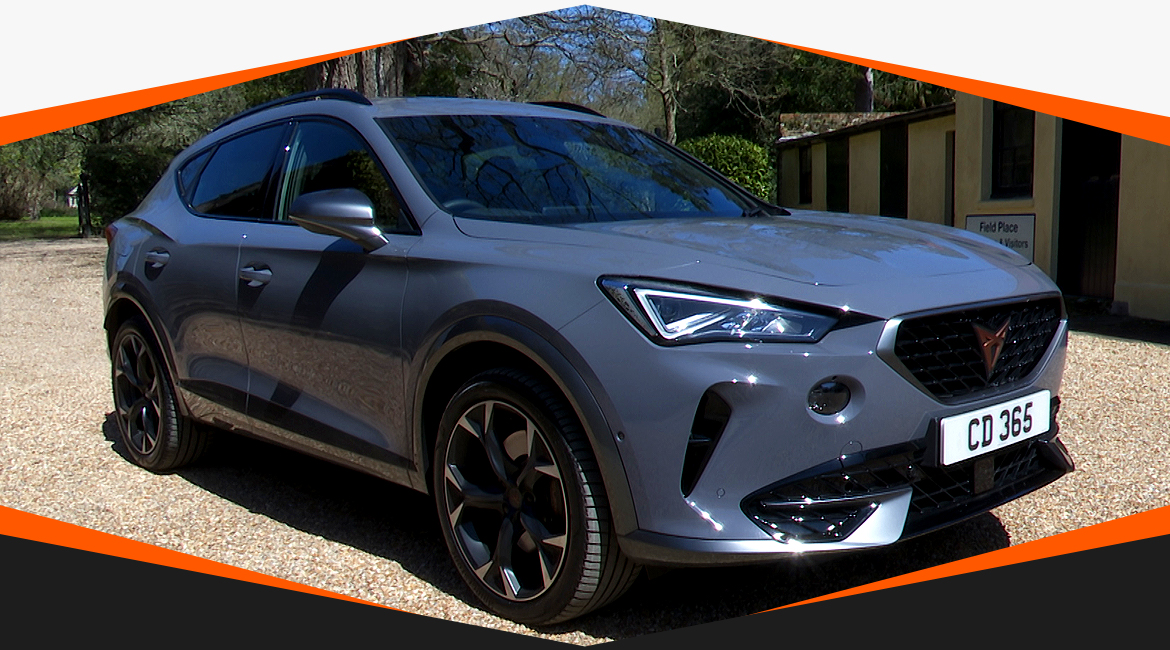
Diesel-Powered Vehicles: Pros & Cons
Diesel engines operate on a different principle of combustion compared to petrol engines. They use a higher compression ratio and rely on the heat generated by the compressed air to ignite the diesel fuel. This combustion process generates high levels of torque, making diesel engines well-suited for heavy-duty applications and towing.
Benefits of Diesel Engines
One of the main benefits of diesel engines is their fuel efficiency. Diesel fuel contains more energy per gallon than petrol, resulting in improved fuel mileage and fewer visits to the pump. The high torque output of diesel engines also provides robust towing capabilities, making them a popular choice for commercial vehicles and SUVs.
Drawbacks of Diesel Engines
However, diesel engines have faced scrutiny due to their emissions profile, particularly nitrogen oxide (NOx) emissions. NOx emissions can contribute to air pollution and have adverse effects on respiratory health. Diesel engines also produce particulate matter, which can have environmental and health impacts.
The Future of Diesel Engines
Modern diesel technology has made strides in addressing these concerns. Advanced emission control systems, such as selective catalytic reduction (SCR) and diesel particulate filters (DPF), have been introduced to significantly reduce NOx emissions and particulate matter. Euro 6 standards, implemented in the UK, set stringent limits on diesel emissions, encouraging the development of cleaner diesel engines that comply with these regulations.
Browse Diesel Vehicle Leasing Options
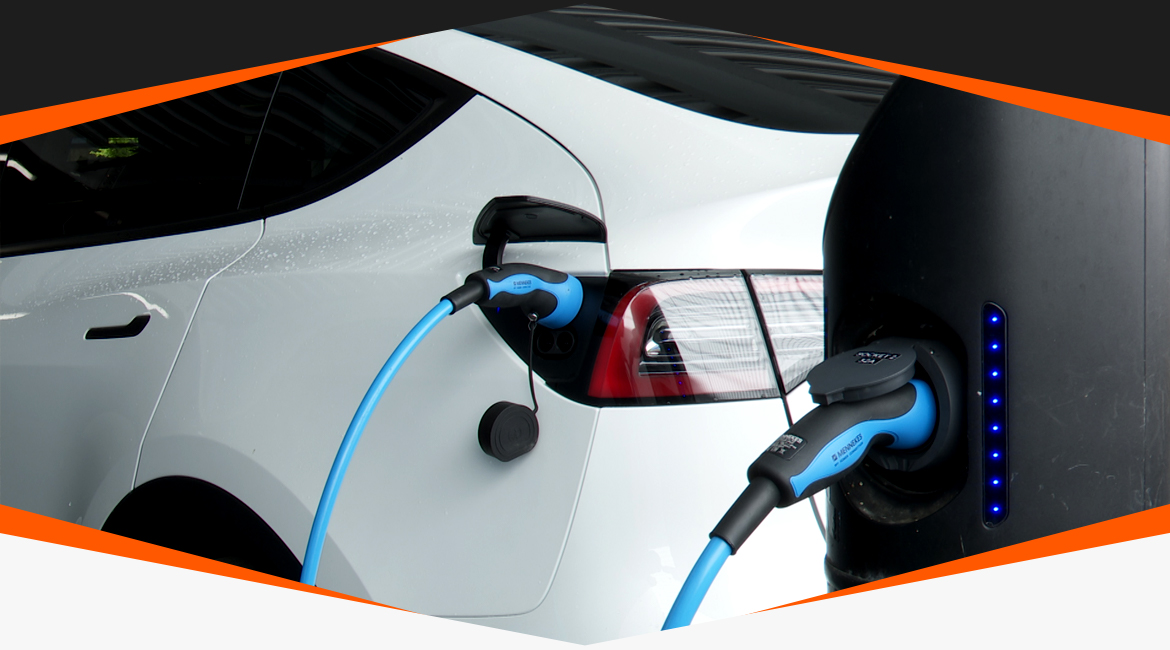
Electric Vehicles: Pros & Cons
Electric vehicles, or EVs, are revolutionising the automotive industry with their innovative design and reliance on electric power. Unlike traditional internal combustion engines, EVs are powered by electric motors and batteries. These motors generate instant torque, providing swift acceleration and smooth performance. The energy required to propel EVs comes from stored electricity in advanced battery packs.
Benefits of Electric Vehicles
One of the most significant advantages of EVs is their contribution to reducing air pollution and greenhouse gas emissions. EVs produce zero tailpipe emissions, which means they don't release pollutants or exhaust fumes into the environment. This environmental advantage not only improves local air quality but also aligns with global efforts to combat climate change.
Drawbacks of Electric Vehicles
Despite their numerous benefits, EVs face challenges that need to be addressed. Range anxiety, the fear of running out of battery power before reaching a charging station, is a common concern. While the driving range of EVs has improved significantly, it remains essential to plan routes and access charging networks for longer journeys. Additionally, the availability and accessibility of charging infrastructure are critical factors in promoting widespread EV adoption.
Future of Electric Vehicles
Technological advancements are rapidly improving the capabilities of EVs. Battery technology is evolving, leading to higher energy densities and longer ranges. Fast-charging stations are becoming more prevalent, allowing EVs to be recharged in a shorter amount of time. Additionally, regenerative braking systems capture and convert kinetic energy back into electricity, enhancing overall efficiency.
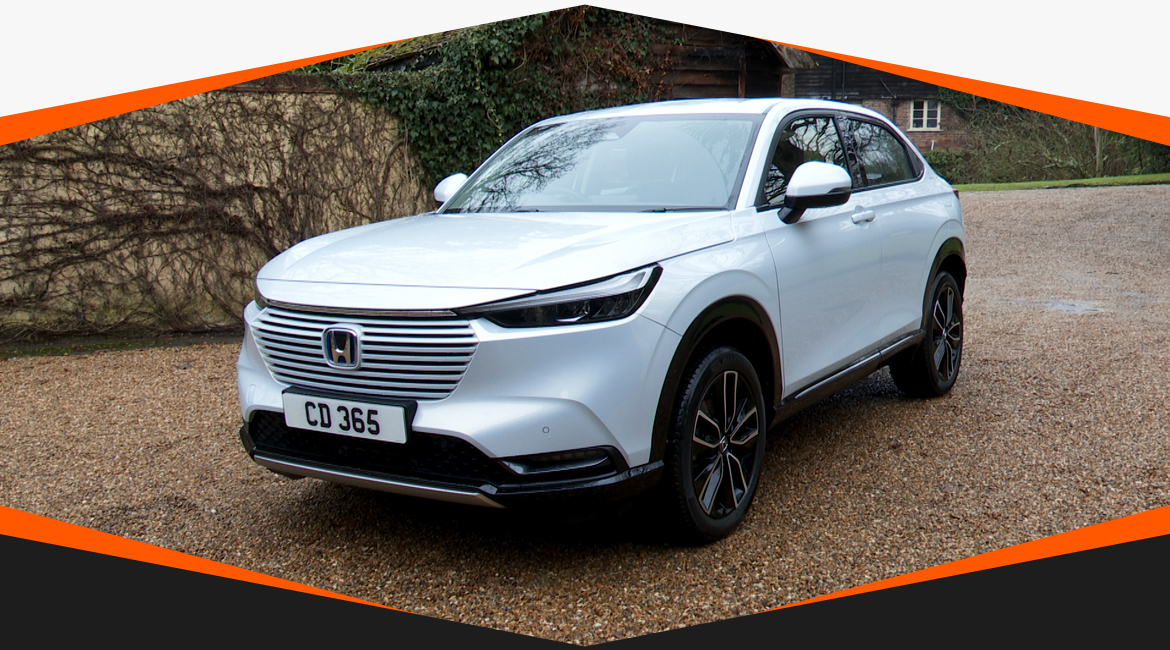
Hybrid Vehicles: Pros & Cons
Hybrid vehicles combine the best of internal combustion engines and electric power. They come in three main hybridisation approaches: mild hybrid, full hybrid, and plug-in hybrid. Mild hybrids assist the engine with electric power during acceleration, while full hybrids can run solely on electric power at low speeds. Plug-in hybrids offer the flexibility of electric-only operation for short distances and rely on the engine for longer journeys.
Benefits of Hybrid Vehicles
Hybrid vehicles embody efficiency and sustainability. They offer improved fuel efficiency, especially in urban driving scenarios where regenerative braking and electric assist play a crucial role. Hybrids contribute to reduced emissions, aligning with environmental concerns.
Drawbacks of Hybrid Vehicles
Hybrid vehicles, while promising, may require higher upfront costs due to the integration of electric components. However, these costs can be offset over time through savings in fuel expenses and potential tax incentives.
Future of Hybrid Vehicles
Regenerative braking captures kinetic energy during braking, converting it into electric energy to recharge the battery. Electric assist supplements the engine's power during acceleration, reducing the load on the engine and subsequently improving overall fuel efficiency. These innovative features showcase the synergy between electric and conventional power sources in hybrids.
Browse Hybrid Vehicle Leasing Options
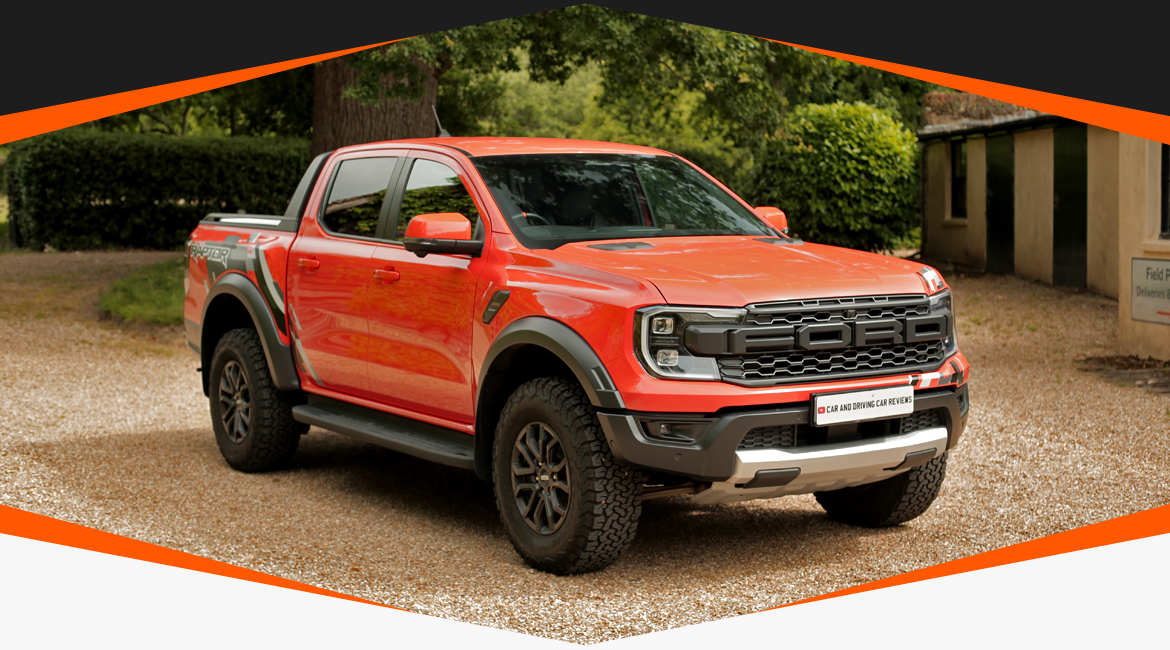
Environmental Impact
Electric vehicles, or EVs, are revolutionising the automotive industry with their innovative design and reliance on electric power. Unlike traditional internal combustion engines, EVs are powered by electric motors and batteries. These motors generate instant torque, providing swift acceleration and smooth performance. The energy required to propel EVs comes from stored electricity in advanced battery packs.
Comparing Carbon Footprints
Comparing the carbon footprints of power options reveals distinct environmental impacts. Petrol and diesel engines emit carbon dioxide (CO2) during combustion, contributing to climate change. Electric vehicles (EVs) produce zero tailpipe emissions, while hybrids emit less due to electric assist.
Emission Reduction
Electrification, encompassing both EVs and hybrids, offers a promising solution for emissions reduction. By transitioning from internal combustion engines to electric power, we can substantially decrease air pollutants and greenhouse gas emissions, contributing to cleaner air and a healthier planet.
The Lifecycle Impact: Manufacturing and Disposal
Examining the complete lifecycle impact is crucial. Manufacturing batteries for EVs and hybrids does carry an environmental footprint, but their operational emissions reduction often outweighs this impact. Proper battery disposal and recycling processes are imperative to mitigate potential environmental concerns.
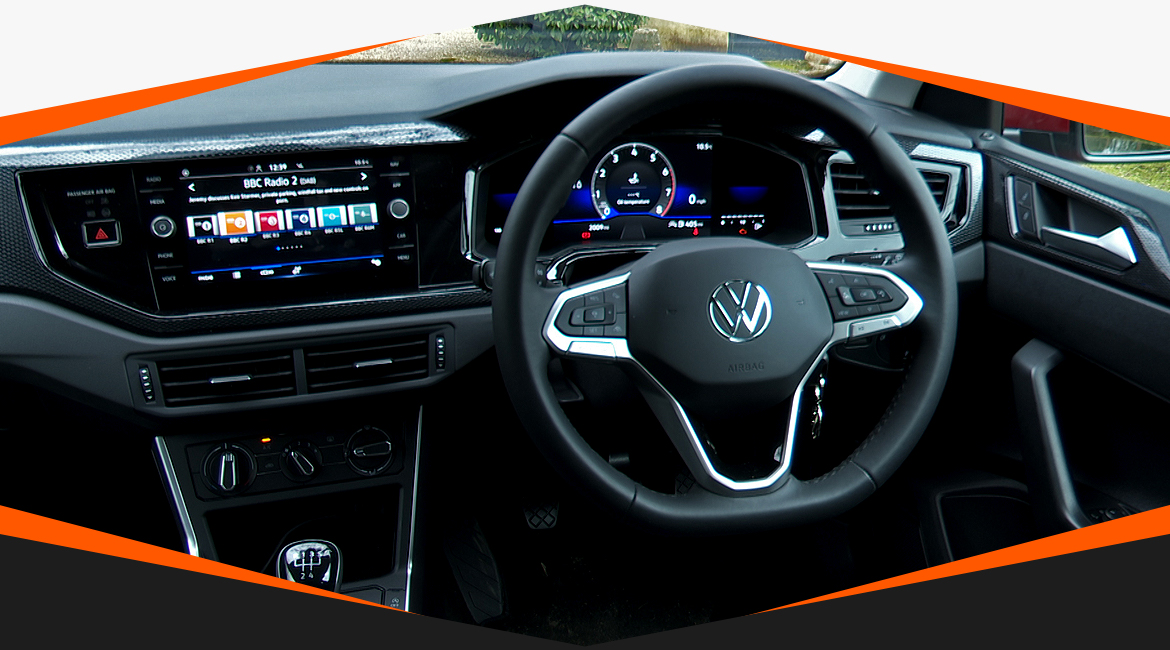
Financial Considerations
The cost of ownership extends far beyond the purchase price of a vehicle. Petrol and diesel vehicles generally have a lower upfront cost, but factors like fuel, maintenance, and potential incentives influence the total cost over time.
Fuel costs play a pivotal role. Petrol and diesel prices fluctuate, impacting the operational expenses of conventional vehicles. Electric vehicles (EVs) offer significantly lower fuel costs due to the efficiency of electricity. Moreover, EVs have fewer moving parts, leading to reduced maintenance expenses compared to internal combustion engines. Government incentives, such as grants and tax benefits for EVs and hybrids, can also sway the financial equation.
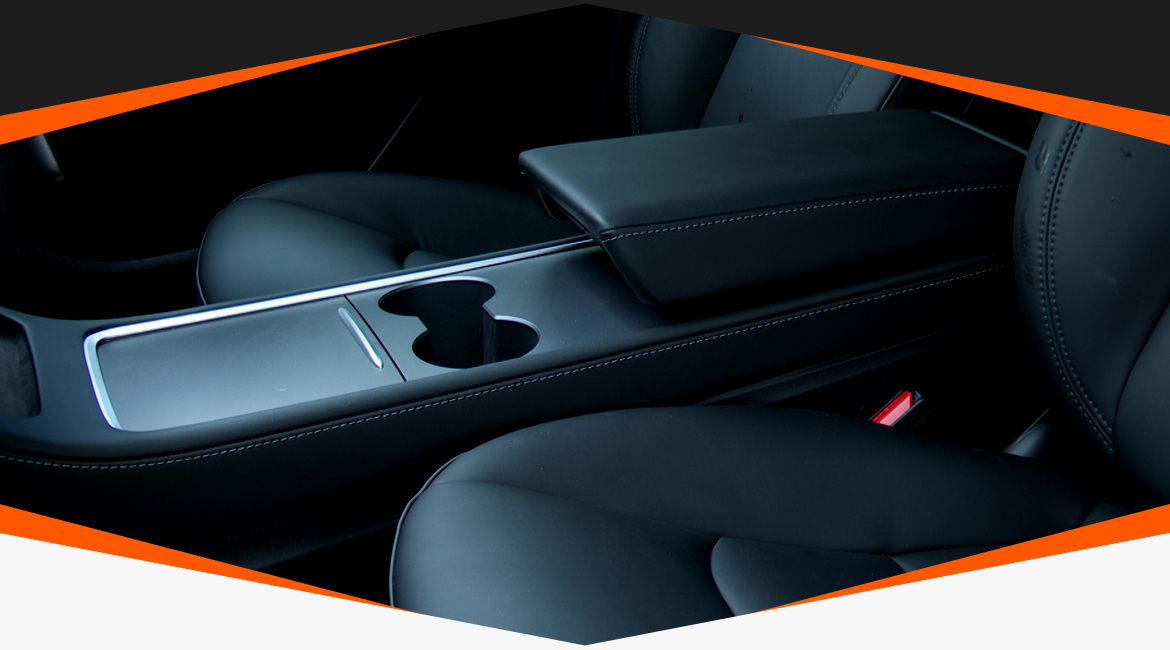
Which Option is Right for Me?
Every driver's needs are unique. Evaluate your daily driving routine, whether it involves short urban trips, long highway journeys, or a mix of both. Your driving patterns will influence the most suitable power option for you.
Consider how your vehicle aligns with your lifestyle. If you're environmentally conscious and have access to charging infrastructure, an electric vehicle might be a perfect fit. On the other hand, if long road trips are a common occurrence, a hybrid might provide a balance between efficiency and flexibility.
Test driving is crucial. It gives you firsthand experience of how each power option performs in various scenarios. Beyond performance, consider factors like interior comfort, cabin noise, and driving dynamics that resonate with your personal preferences. Remember, your vehicle should not only meet your practical needs but also bring joy to your driving experience.
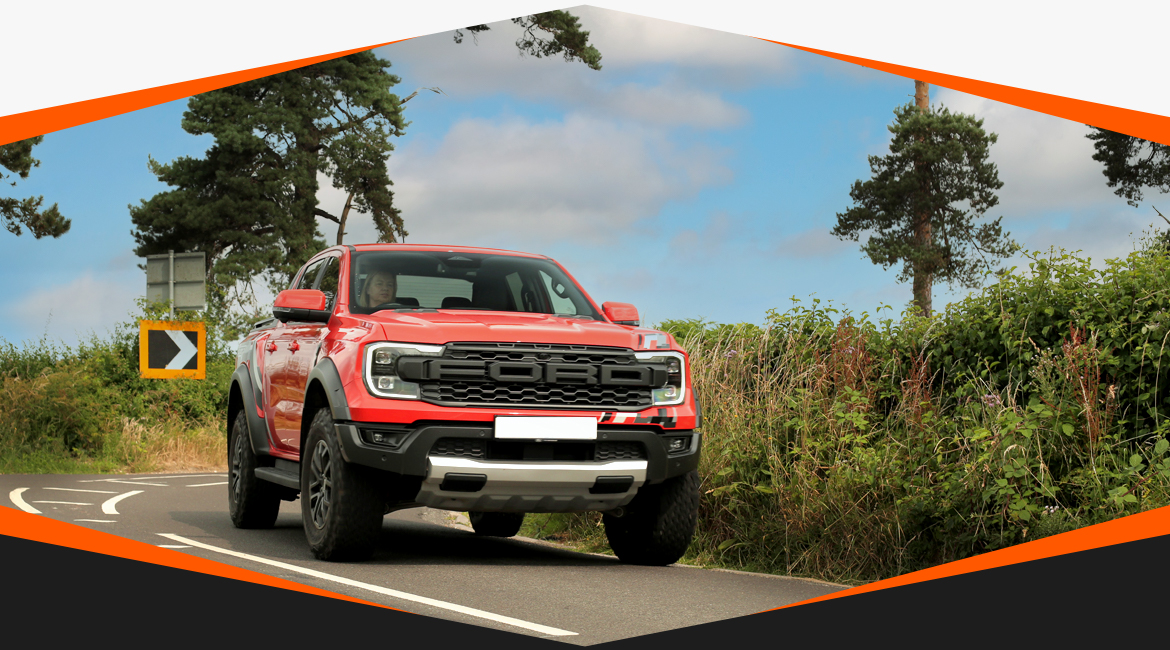
Find the Right Vehicle for You With V4B
Choosing the right power option for your vehicle is pivotal, shaping your impact on the environment, your driving experience, and your finances. By making an informed decision, you contribute to a cleaner planet while aligning your vehicle with your lifestyle.
When navigating the diverse world of power choices, remember that you're not alone. V4B, your trusted partner in vehicle leasing, stands ready to assist. Explore our extensive range of vehicles, from electric to hybrid and conventional options. Our experts are here to guide you, ensuring your choice aligns perfectly with your needs and values.